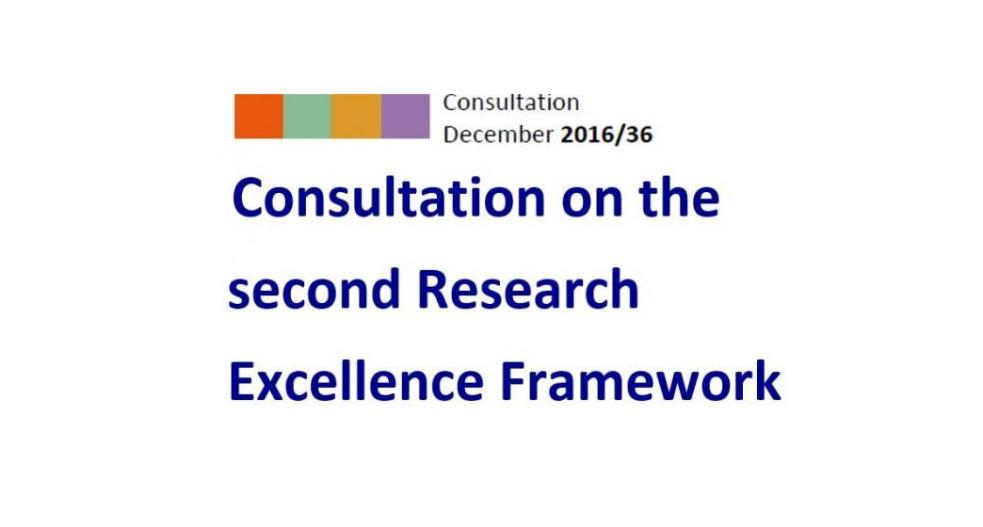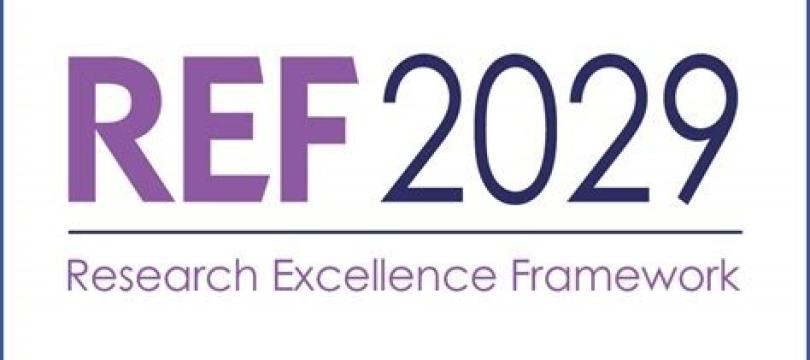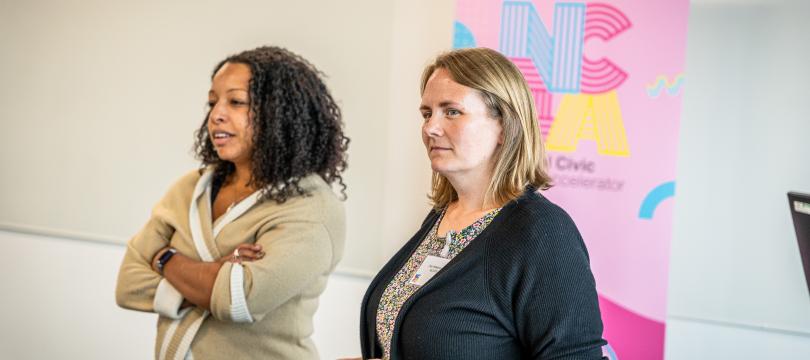So what has the REF done for us?
With the deadline for the consultation on the next REF coming up (17th March, 2017), Kate Miller, Acting Head of Public Engagement at the University of Bristol, offered her reflections and shared a briefing paper she prepared with the NCCPE team.

In the time since the REF impact case studies were published, the NCCPE has held a number of workshops around the role that public engagement played in REF 2014. Conversations at these workshops, along with comprehensive analysis of the data, have been crystallised in the creation of the NCCPE’s latest report. As a bit of a REF geek, I must confess that I’ve been to every one of these workshops and have read the entire 113 page report at least once. I’m conscious though, that my colleagues working on engagement and impact at Bristol, along with many of the public engagement practitioner community, may not have had the time or inclination (or downright nerdiness) to sit down and digest the entire report. So, with the kind help of Paul and the NCCPE team, I thought it might be helpful to consolidate some of the information into a short briefing for anyone who is interested.
How did public engagement fare in the last REF?
I have two main interests in the REF analysis – what it can tell us about how public engagement fared last time, and how it can inform our thinking about what to do next time. With regards to the former, the headline figures are hugely encouraging: just under half of the case studies featured some form of public engagement. In the arts and humanities, this figure was over 75%. Despite huge concerns by panel members, impact coordinators and engagement practitioners that public engagement would be seen as a lesser form of impact, there appears to be no evidence that it was any less regarded, or less highly graded. And with the higher education sector’s uncertainty over what constituted impact, it’s impressive that societal impacts proved to be the most prevalent – when many of us were worried that everyone would focus purely on economic and technological outcomes. Given all of this, you might think that all we have to do now is kick back our heels and wait for the next REF to deliver even more case studies involving engagement with publics. But digging a little deeper uncovers a few issues. Many case studies which featured public engagement appeared to pay lip service to it, often with a throwaway line about talking to the media or doing a public lecture. And despite our sector’s encouragement of two-way dialogue and conversation, most of the case studies followed a model of dissemination and broadcasting – although this could partly be due to the framing of impacts in the REF.
What would we like to see in the next REF?
So this is where my second interest comes in – what can we do, and what would we like to do, next time? It’s telling that one question for Steven Hill at the last REF workshop that elicited a lot of discussion was actually quite simple: what is the REF for? There was an acknowledgement in the room that REF has proven to be far more than a resource allocation tool – it has driven culture change in universities with regards to engagement in a way that we haven’t seen before. I can’t speak for other universities but at Bristol it has raised the profile and legitimacy of public engagement (and by extension my team) compared to where we were a few years ago. So if we’re thinking about what further culture change we’d like to see the next REF achieve, there are a number of areas to focus on. Rick Holliman’s excellent blog post talks about introducing rigour so that we can think about the process of engagement, as well as its outcomes. Based on the analysis, and this briefing paper, I’d also argue for something else – integration. It’s clear to me that public engagement is part of the wider picture of knowledge exchange. But rather than being a ‘bolt on’ at the end, perhaps we can shape the next REF to ensure that it is part of the blended model of engagement beyond academia, where all routes to impact are considered and valued. What would you like to see?
If you would like a copy of the NCCPE’s full REF 2014 report please email nccpe.enquiries@uwe.ac.uk.

